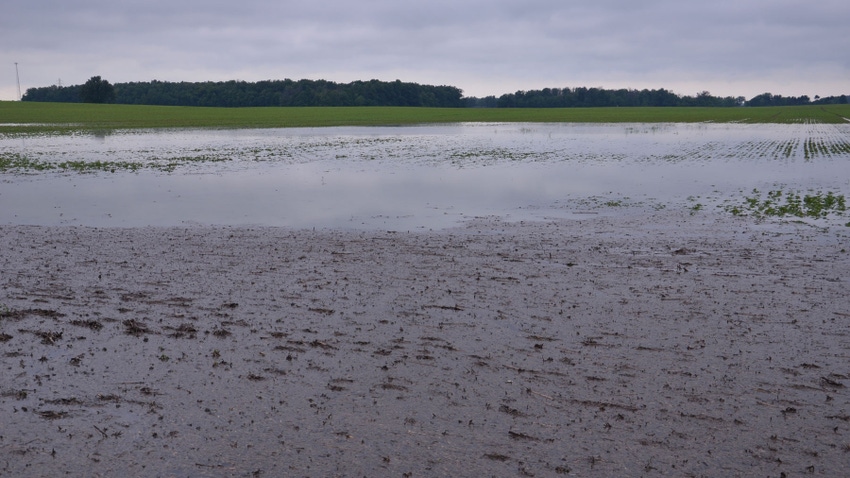
The Indiana Department of Natural Resources and farmers sometimes appear at odds, especially when it comes to how much control DNR should have in regulating farmers. Controversy arose a couple of years ago when DNR required permits from a farmer to clear a ditch, even when permits for the same activity weren’t required before.
So, why would Indiana Farm Bureau Inc. support legislation that codifies, or makes into law, certain practices DNR carries out all the time?
The first step is realizing it’s not a battle between good guys and bad guys, white hats vs. black hats, says Jeff Cummins, director of state government relations for INFB. He acknowledges that DNR has received criticism from farmers and rural residents recently — some of it likely deserved.
“We’ve made progress providing education to their employees and working with them on issues such as drainage control and flood plains,” Cummins says. “They’re starting to do things in ways that should be more favorable for agriculture, and we want that to continue.”
DNR legislation
Indiana Senate Bill 412 is also known as the Department of Natural Resources agency bill. It contains three key components, Cummins says. The first piece is about how DNR relates to the public as it conducts business.
DNR has been much more transparent in actions related to farmers and rural residents lately, Cummins says. One part of the current legislation codifies details that would cause the agency to maintain that attitude of transparency into the future.
A second part of the proposed legislation outlines the appeals process for landowners and farmers wanting to contest classification of their property regarding flood plain status. The most recent example stems from the case involving residents around Jacksonburg in Wayne County, Ind. Originally, the entire town was shown as a flood plain, and no one could receive permits for building anything going forward without meeting very stringent requirements.
This was recently resolved through negotiation with DNR, Cummins says. “What the legislation does is make the appeals process that just occurred in this case part of law going forward,” Cummins says. “We believe it is essential to codify the appeals process, making it law.”
DNR asked for the third key item in this legislation. It’s the one that has stirred some controversy. The agency wants a clause indicating that if there were continued violations, an affidavit could be filed in the recorder’s office that would go with the property stating that there was a violation pending with DNR. Initially, some interpreted that as placing a lien on the property, which could affect borrowing power.
“It is in no way a lien,” Cummins says. “A lien is a financial tool. What DNR is seeking has nothing to do with a lien. They want teeth in dealing with those who don’t cooperate, but it does not involve liens.”
Problems with people not caring for dams properly led to this request by DNR, Cummins reports. An amendment will be introduced which specifies that if a dam is not properly maintained, DNR can seek an affidavit attached to the property.
“We see that as reasonable,” Cummins says. “Turning this legislation into law is crucial because it codifies transparency and appeals procedures, which are extremely helpful.”
Read more about:
LegislationAbout the Author(s)
You May Also Like




